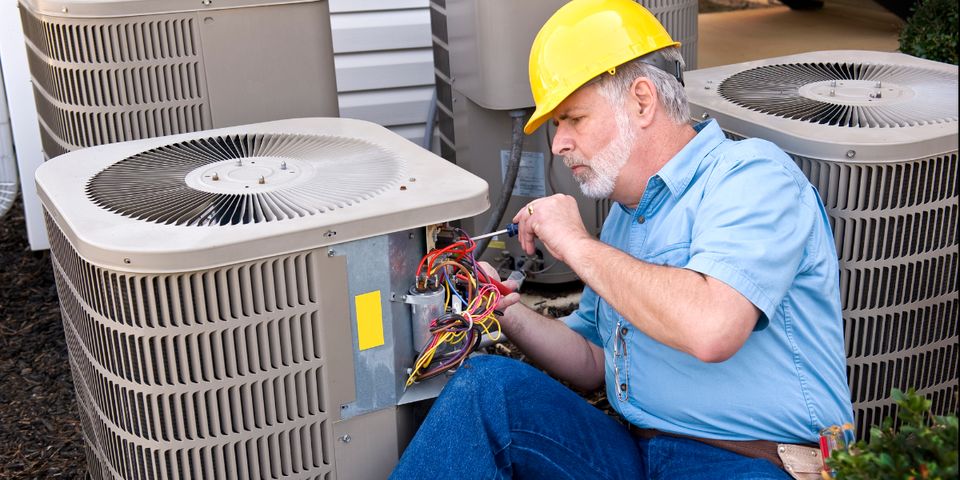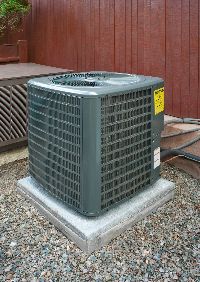Why Does Ice Form on Air Conditioning Units?

The air conditioning unit should remain cold so that it can deliver cool air to the home. However, it shouldn't reach freezing temperatures, as this causes ice to form on the refrigerator coil, which can damage it. Here are a few primary reasons that this occurs, as well as information about how to prevent future issues.
Restricted Airflow
When your air conditioning unit is working correctly, a fan pushes a constant stream of air over the refrigerator coil. The coil absorbs heat from the air, and then circulates it through the home. However, when something blocks the airflow, it cannot leave the area around the coil. This causes air to constantly become colder, eventually causing the condensation to freeze.

One of the most common reasons this occurs is due to a blockage near the compressor's intake. The compressor is the outside unit, and debris, plants, and dirt can prevent it from pulling in outside air. To check, inspect the area around the device, and remove any leaves and debris that you see. Then, trim and bushes and plants so that there is at least 2 feet of space on all sides.
Alternatively, a broken fan may restrict the air conditioning unit's airflow. If this is the problem, you will likely hear grinding or rattling noises from the unit when it turns on. When it isn't running at all, you may not hear anything and the home will not cool.
Low Refrigerant
The refrigerator coil uses a chemical refrigerant to absorb heat from the air so that it can circulate cooler air. After absorbing the heat, it releases the warmth into the outside atmosphere. Then, the condenser pumps the refrigerant back into the coil so that it can continue to remove heat from the air. This runs on a closed system, so the refrigerant level generally stays the same.
However, when something breaks, refrigerant can leak from the coil. This changes the internal pressure, allowing the coil to get much colder, leading to ice formation. Refrigerant may slowly seep out of the system over time, or escape quickly when there’s a leak. To spot this, look for a clear, sweet-smelling substance around the outside unit. Avoid touching this fluid if you notice it, as it is hazardous. Instead, contact an HVAC contractor to inspect the unit and replace the lost liquid.
When you need help diagnosing and fixing issues with your air conditioning unit, contact Dowler Heating Cooling & Refrigeration in Athens, OH. This licensed HVAC contractor is a certified Carrier® dealer and supports both residential and commercial clients. They have been helping with everything from heating installation to general HVAC repair for over 20 years. Call (740) 662-1614 to schedule an appointment. Visit the website for more information about their services.
About the Business
Have a question? Ask the experts!
Send your question

